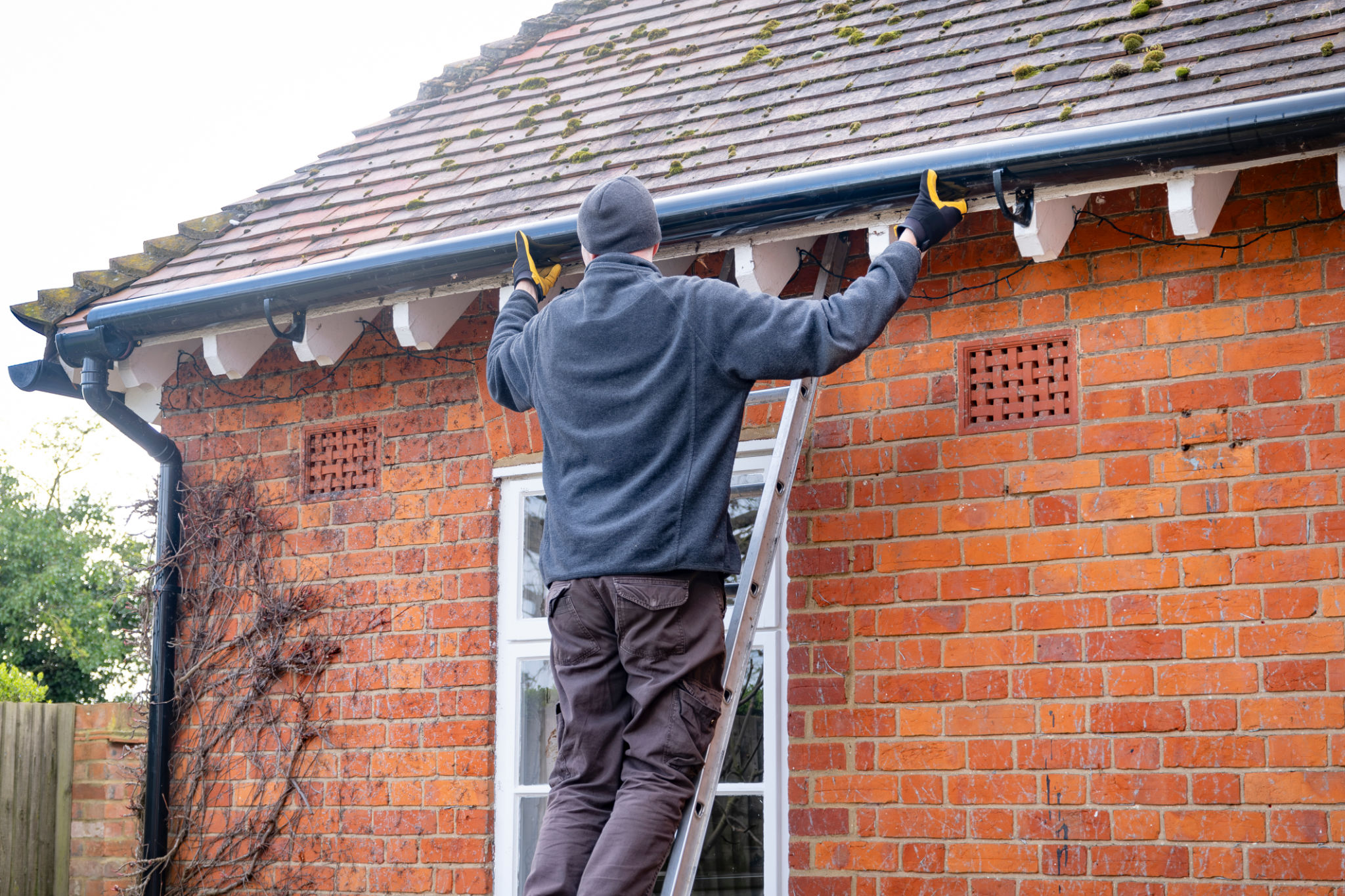How to Prepare Your Home for the Rainy Season in Zimbabwe
Understanding the Importance of Preparation
As Zimbabwe enters its rainy season, it’s crucial to ensure your home is well-prepared to handle the increased moisture and potential storms. The rainy season can bring about challenges such as flooding, leaks, and mold, which can damage your property and belongings. By taking proactive steps, you can protect your home and ensure a safe and dry environment for you and your family.
Preparation not only safeguards your property but also provides peace of mind, knowing that you are ready for whatever the weather may bring. Here are some essential tips on how to prepare your home effectively for the rainy season in Zimbabwe.

Inspect and Repair Your Roof
Your roof is your first line of defense against the rain, so it’s essential to ensure it is in good condition. Begin by inspecting your roof for any missing or damaged shingles, tiles, or metal sheets. These can lead to leaks and water damage if not addressed promptly.
If you find any issues, make the necessary repairs or hire a professional to do so. Paying attention to the roof’s condition now can prevent costly repairs down the road. Additionally, ensure that the roof structure is sound, with no sagging or signs of weakness.

Clean and Maintain Gutters
Gutters play a vital role in directing rainwater away from your home’s foundation. Clogged gutters can cause water to overflow, leading to foundation damage or leaks within the home. Regularly clean your gutters to remove leaves, twigs, and other debris that may have accumulated.
Consider installing gutter guards to prevent debris from entering the gutters in the first place. Also, ensure that downspouts are directed away from the house and that they are free from obstructions to facilitate proper water drainage.

Seal Windows and Doors
Windows and doors are potential entry points for water during heavy rains. Inspect all windows and doors for any gaps or cracks that could allow water to seep in. Use weatherstripping or sealant to fill in these gaps and ensure a tight seal against moisture.
Additionally, check for any signs of rotting or deterioration around window frames and door frames. Replace or repair any damaged areas to prevent water intrusion and maintain the integrity of your home’s exterior.
Prevent Interior Moisture
Excessive moisture inside your home can lead to mold growth, which poses health risks and can damage your property. To prevent this, use dehumidifiers in areas prone to dampness, such as basements or laundry rooms. Ensure proper ventilation by using exhaust fans in bathrooms and kitchens.
Consider installing moisture barriers in crawl spaces or basement areas to reduce humidity levels. Regularly check for leaks under sinks, around toilets, and near appliances to catch any potential sources of moisture early on.

Emergency Preparedness
Despite your best efforts, sometimes nature can be unpredictable. It’s wise to have an emergency plan in place for severe weather events. Assemble an emergency kit with essentials such as flashlights, batteries, non-perishable food, water, first-aid supplies, and important documents.
Discuss and practice emergency procedures with your family, including safe routes out of the home and where to meet if separated. Stay informed about weather forecasts and alerts through local news or weather apps to ensure you are prepared for any situation.